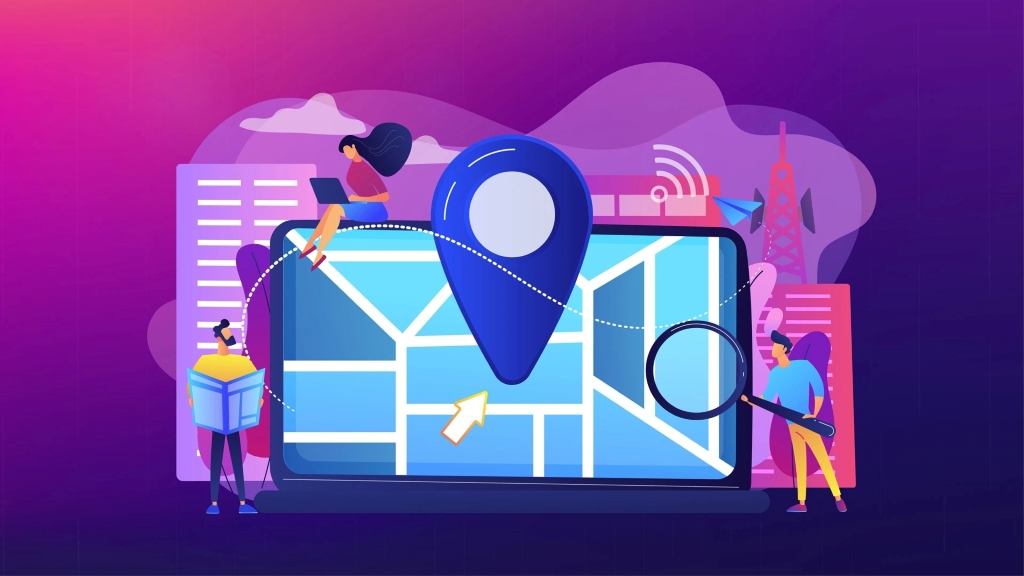Running a brick-and-mortar shop is challenging in today’s digital age. Customers rely on Google to find businesses nearby. If your store isn’t showing up in local searches, you’re losing potential foot traffic. That’s where hyper-local SEO comes in.
Hyper-local SEO focuses on optimizing your online presence to attract local customers. It helps small businesses stand out in highly competitive markets. By implementing the right strategies, you can improve visibility, increase walk-ins, and boost sales.
Before diving into the tactics, it’s essential to understand how local search works. Google considers factors like relevance, distance, and prominence when ranking businesses. The more optimized your store is, the higher you’ll rank in search results.
If you’re looking for ways to enhance your local business strategies, explore Trade Izze. They provide insights and tools to help businesses thrive in competitive markets.
-
Optimize Your Google Business Profile
Your Google Business Profile (GBP) is the foundation of hyper-local SEO. A fully optimized profile increases your chances of appearing in local searches and Google Maps.
How to Optimize Your GBP:
- Fill out all the details, including address, phone number, and website.
- Use high-quality images of your store and products.
- Encourage customers to leave reviews and respond to them.
- Update your business hours regularly, especially during holidays.
- Use keywords naturally in your business description.
According to Moz, GBP signals contribute 36% to local search ranking factors. Without an optimized profile, your business may not show up in “near me” searches. For a detailed guide on safeguarding your business, check out https://www.tradeizze.com/business-news/how-to-prevent-your-business-idea-from-being-stolen/.
-
Leverage Local Keywords
Keyword research is crucial for hyper-local SEO. Instead of generic keywords, focus on location-based terms that potential customers use.
Best Practices for Local Keyword Optimization:
- Use city or neighborhood names in your website content.
- Optimize meta titles, descriptions, and headings with local keywords.
- Add location-specific keywords to blog posts and service pages.
- Include structured data markup to help search engines understand your location.
For example, instead of “best coffee shop,” use “best coffee shop in Brooklyn.” This small change can significantly impact your rankings.
-
Build Local Citations and Listings
A citation is any mention of your business name, address, and phone number (NAP) on the internet. Search engines use these mentions to verify your business’s legitimacy.
Where to List Your Business:
- Yelp, TripAdvisor, and Angi
- Local Chamber of Commerce websites
- Industry-specific directories
- Facebook and Nextdoor
Ensure your NAP details are consistent across all platforms. Inconsistent information can hurt your local rankings.
-
Get More Customer Reviews
Online reviews influence local search rankings and customer trust. Studies show that 87% of consumers read online reviews before visiting a business.
How to Get More Reviews:
- Ask satisfied customers to leave a review.
- Send follow-up emails with a direct review link.
- Offer small incentives like discounts or loyalty points.
- Respond to all reviews, whether positive or negative.
The more positive reviews you have, the higher your credibility and local ranking.
-
Use Localized Content Marketing
Creating localized content boosts your chances of appearing in local search results. Google prioritizes businesses that provide valuable and relevant content to their community.
Types of Localized Content to Create:
- Blog posts about local events and news.
- Guides related to your industry and location.
- Customer success stories and case studies.
- Behind-the-scenes content showcasing your business.
For example, a bakery in Chicago could publish a blog post titled “Top 5 Bakeries in Downtown Chicago for Fresh Pastries.” This type of content attracts local searchers and positions your business as an authority.
Discover More: Loan Application Secrets for Startups: The Ultimate Guide to Securing Funding
-
Optimize for Mobile Search
More than 60% of local searches come from mobile devices. If your website isn’t mobile-friendly, you could be losing customers.
Mobile Optimization Tips:
- Ensure fast page load speed.
- Use a responsive website design.
- Make contact details easy to find.
- Add a click-to-call button for instant contact.
Google prioritizes mobile-friendly websites in search results, so this step is non-negotiable.
-
Use Hyper-Local Social Media Marketing
Social media plays a huge role in local business visibility. Platforms like Instagram, Facebook, and TikTok help businesses engage with their community.
Read More Also: The Ultimate Guide to Self Neck Massage Tricks for Tech Neck Pain
How to Leverage Social Media for Local SEO:
- Use location tags in posts and stories.
- Join local Facebook groups and participate in discussions.
- Collaborate with local influencers or bloggers.
- Run location-based promotions and contests.
Hyper-local social media marketing helps businesses connect with nearby customers in a natural and engaging way.
-
Secure Your Business Idea
Before implementing these strategies, ensure your business idea is protected. Many small businesses struggle with idea theft. Learning how to protect an idea from being stolen is crucial for long-term success.
Final Thoughts
Hyper-local SEO is essential for brick-and-mortar businesses to compete in a digital world. By optimizing your Google Business Profile, using local keywords, and creating localized content, you can drive more foot traffic and increase sales.
Consistency is key. Regularly update your online presence, encourage reviews, and engage with your community. As search algorithms evolve, businesses that stay ahead with hyper-local SEO will thrive.
Want to take your business to the next level? Start implementing these strategies today and watch your local presence grow.




